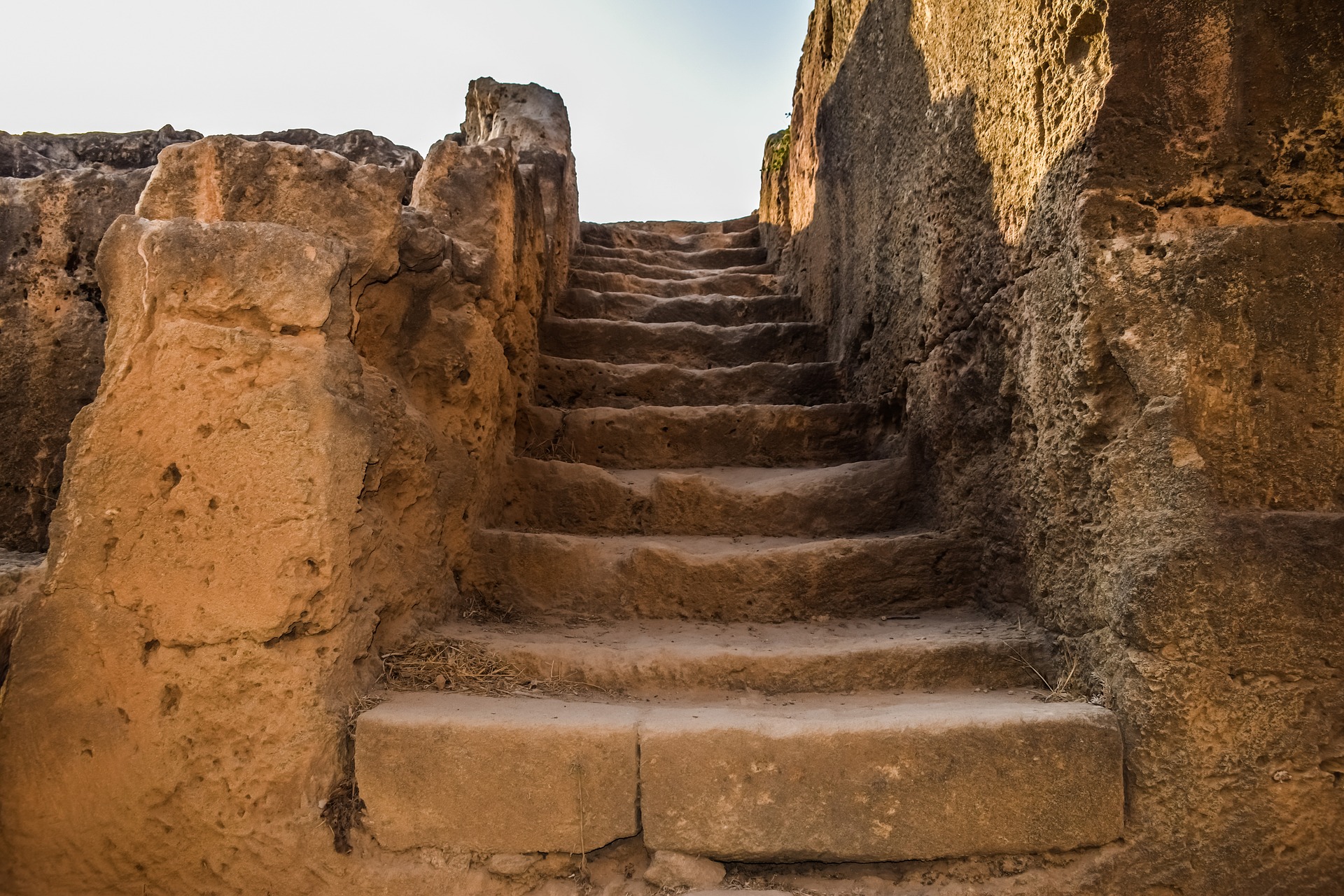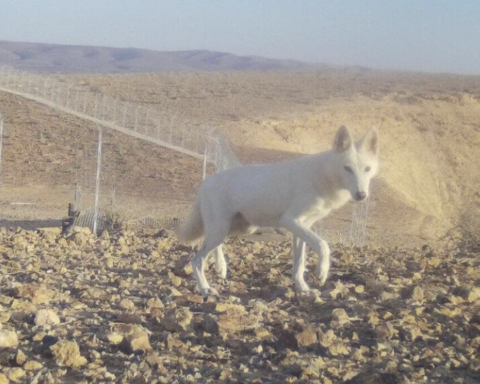While excavating to create a new southern city, a traditional soapery was uncovered in Rahat, a town deep in the Negev desert. The Israel Antiquities Authority clocked it from 1,200 years ago from the Islamic period when soap used to be made in the most traditional sense.
Back then, saltwort ashes were mixed with olive oil and cooked for about a week, before settling into a large mold to be hardened for about two months. The soap was then cut into bars after 10 days and ready to be used only two months later. This is the earliest soap factory find to date, and so brings a new exciting archaeological peek into the past.

Elena Kogan Zehavi, Israel Antiquities Authority excavation director, says “This is the first time that a soap workshop as ancient as this has been discovered, allowing us to recreate the traditional production process of the soap industry. For this reason, it is quite unique. We are familiar with important soap-making centers from a much later period – the Ottoman period. These were discovered in Jerusalem, Nablus, Jaffa, and Gaza.”
The excavation comes due to a new city, planned for about 70,000 residents, which had become a community project. Dozens of youth, including high school and university students, Bedouin and Israeli, helped during the dig. The crew also discovered two limestone boardgames, proof that finding solutions to hygiene and boredom were just as important back in the day.








